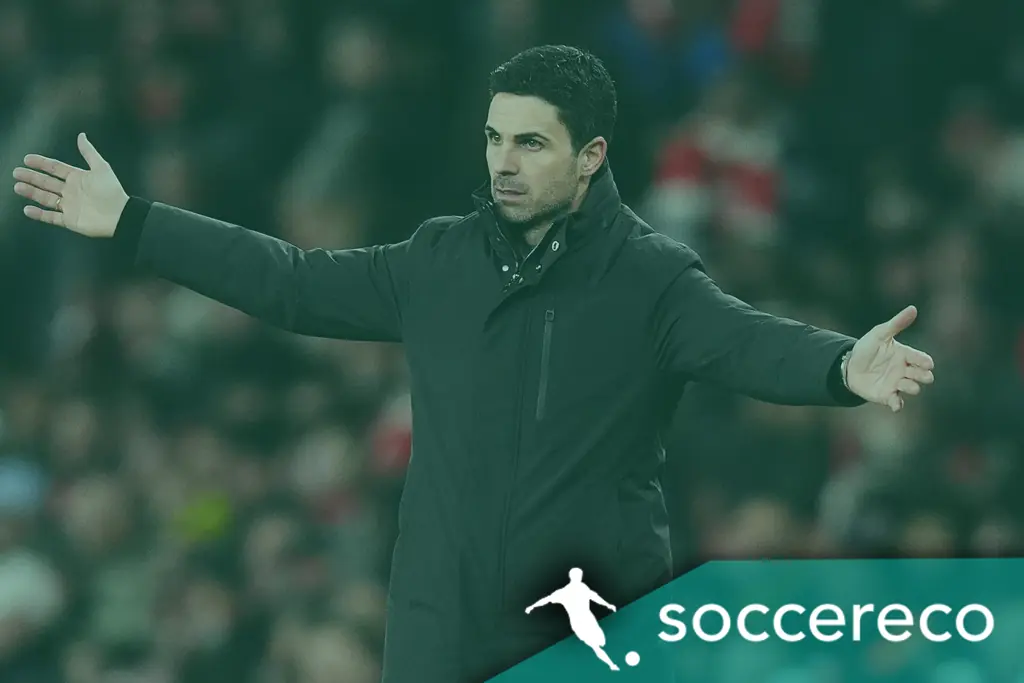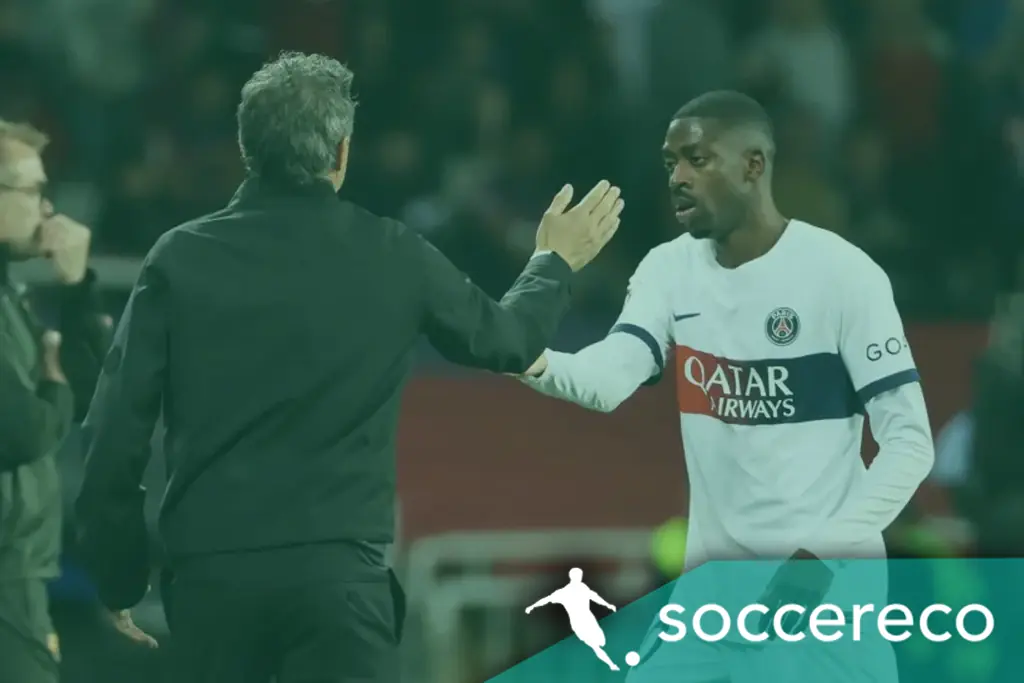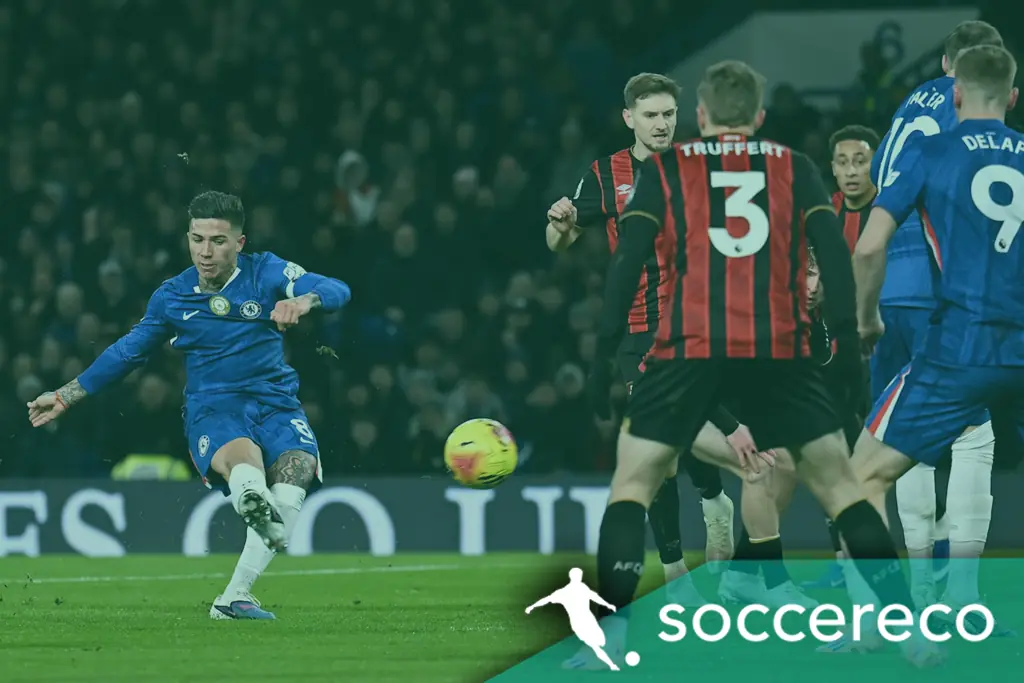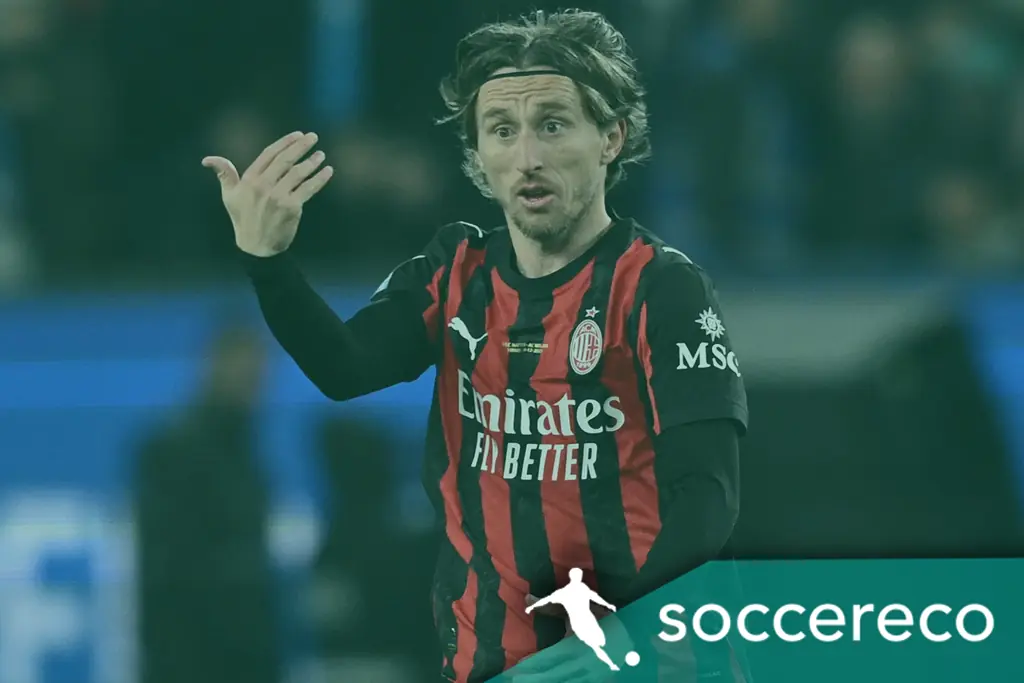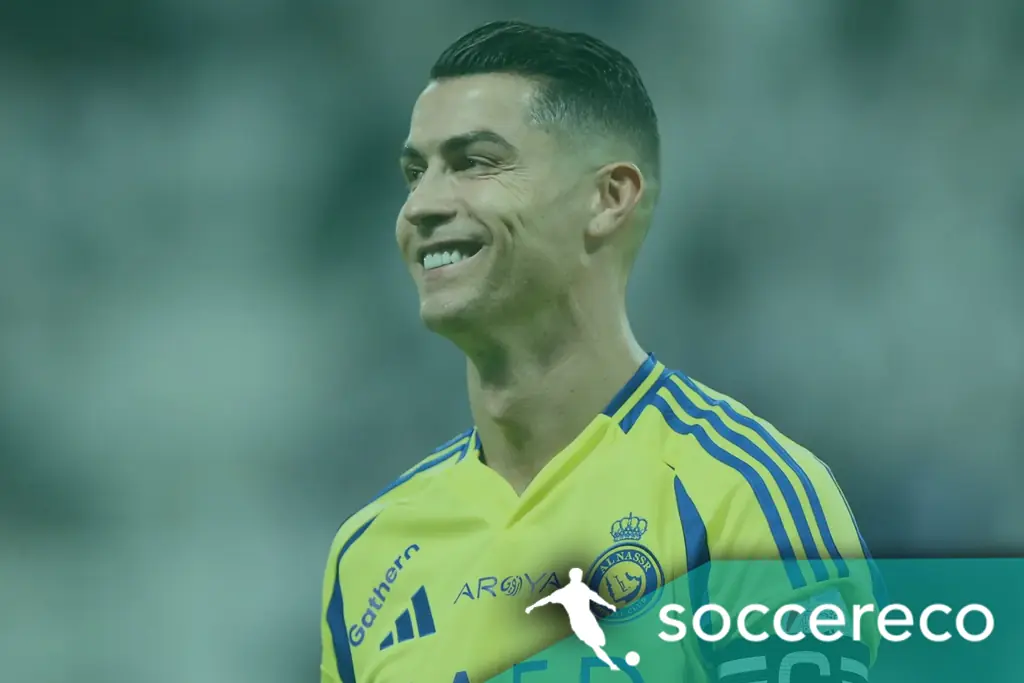Opinion of Guti, former Spanish midfielder who was part of the unforgettable team the Spanish giant presented in the 2000s.

Guti's comments have reignited the age-old debate surrounding Real Madrid’s legendary "Galácticos" era, which boasted some of the most celebrated names in football.
During the early 2000s, that team was the epitome of star power, featuring global icons such as Luís Figo, Zinédine Zidane, Roberto Carlos, David Beckham, and Ronaldo Nazário. The "Galácticos" captured the imagination of fans worldwide and won numerous titles, but Guti, who was an integral part of that team, now believes that the current squad surpasses them in terms of balance and potential.
Reflecting on the evolution of Real Madrid, Guti emphasized that the current team, under the management of Carlo Ancelotti, is more adaptable and complete. He highlighted the youth and versatility of the modern squad, pointing out that while the "Galácticos" were a collection of individual brilliance, today's team operates with a more dynamic and flexible approach. “This squad is better than the Galácticos. It has very good, young players. They are going to define an era at Real Madrid,” he confidently stated.
One of Guti’s key points of comparison was how the "Galácticos" often had to play together as a unit, with little room for tactical variation. “With the Galácticos, there were many players who were untouchable, and they had to play together all the time,” he remarked, referring to the need to keep the star players on the field, regardless of the match situation. In contrast, he praised Ancelotti’s tactical flexibility, noting that the Italian coach is more willing to adjust formations depending on the opposition. Guti pointed out that Ancelotti can alternate between a 4-3-3 formation, with the likes of Rodrygo and Vinícius Júnior on the wings, and a 4-4-2 setup when more midfield strength is needed. “Ancelotti is a very intelligent coach and will get the best out of this team,” Guti added, underscoring the manager's ability to maximize the talent at his disposal.
Guti also elaborated on what he believes to be the ideal starting lineup for this current Real Madrid. “The first elevens of the season, for me, are the ideal team. With a 4-3-3, Rodrygo on the right wing, Vinícius on the left, and Mbappé as the center-forward,” he explained, projecting the inclusion of Kylian Mbappé as a key part of the team's future. He acknowledged the importance of tactical adjustments throughout the season, particularly when injuries occur or when the team faces opponents who dominate possession, suggesting a shift to a 4-4-2 formation in such scenarios.
The discussion inevitably turned to Rodrygo, the Brazilian winger who has seen his role shift with the arrival of Mbappé. Despite rumors of Manchester City's interest in Rodrygo, Guti made it clear that, in his view, the young star should remain a crucial part of Real Madrid's future. “For Ancelotti, he is very important, and he has shown that in these first games and in the Super Cup, where he started almost every match,” Guti said. He stressed that Rodrygo’s place in the team would ultimately be determined by his performance on the field, noting that “what he does on the field will determine the minutes he gets.”
Guti’s endorsement of Rodrygo was unequivocal. He emphasized the Brazilian’s potential and his contributions to the club thus far, stating, “Within Real Madrid, he is a highly valued player. He is a footballer who has already given a lot to the club and can still give much more. He has tremendous potential.” In a clear message to the club’s hierarchy, Guti added, “If I were Madrid's sporting director, I would never sell Rodrygo.”
Guti's comparison between the two eras of Real Madrid highlights the differences between the star-studded Galácticos and the more balanced and youthful squad of today. While the Galácticos were known for their individual brilliance and global appeal, the current team, in Guti's view, has the advantage of youth, depth, and tactical flexibility. Ancelotti’s ability to rotate players and adapt formations to suit different matches makes this squad, according to Guti, even more formidable than the one he once played for.
Guti's perspective brings a unique insight, as someone who lived through the Galácticos era and understands the pressures and expectations of playing for one of the biggest clubs in the world. His belief that the current Real Madrid is more capable of long-term success will no doubt fuel further debate among fans and pundits, especially as the team continues to compete at the highest levels of Spanish and European football.
Updated: 03:22, 19 Sep 2024


